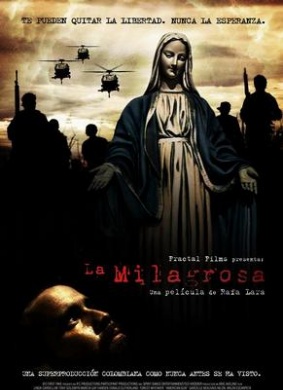Longitude
导演:查理斯·斯特里奇|
主演:Jonathan Coy|Christopher Hodsol|杰瑞米·艾恩斯|Peter Cartwright|盖玛·琼斯|
年份:(2000)

In the 18th century, the only way to navigate accurately at sea was to follow a coastline all the way, which would not get you from Europe to the West Indies or the Americas. Observing the sun or stars would give you the latitude, but not the longitude unless done in conjunction with a clock that would keep time accurately at sea, and no such clock existed. After one too many maritime disasters due to navigational errors, the British Parliament set up a substantial prize for a way to find the longitude at sea. The film's main story is that of craftsman John Harrison: he built a clock that would do the job, what we would now call a marine chronometer. But the Board of Longitude was biased against this approach and claiming the prize was no simple matter. Told in parallel is the 20th century story of Rupert Gould, for whom the restoration of Harrison's clocks to working order became first a hobby, then an obsession that threatened to wreck his life. Written by Anonymous Longitude follows John Harrison's quest to find the key to determining longitude. In the 18th century, the problem of measuring longitude confounded scientists, sailors and politicians. In 1707, unable to determine their exact location through a thick fog, 2,000 men of the British fleet perished by accidentally running into the rocks off the Scilly Islands. As a result of this tragedy, in 1714, the British Parliament passed the Act of Longitude to offer an enormous cash prize to the person who could solve the problem of longitude. A carpenter by trade, Harrison believed that the solution lies in finding a way to accurately measure time, going against many of the scientists of the day who felt that the mystery would be solved through celestial navigation. Harrison designs and creates four timekeepers, each more refined than the previous. This work takes him through 30-years of struggle and determination (not only his but his family's, friends, and allies as well) to solve what was referred to as the "greatest scientific problem of the time." Along the way, he faces the animosity and interference of many of the celestial navigation proponents. Written by PetrinaC When the British Parliament creates an award of £20,000 to whomever can come up with a solution for discovering longitude at sea, a carpenter turned clockmaker, John Harrison, begins his experiments to build an accurate timepiece unaffected by sea travel. His main obstacles are lack of money, a judgement Board convinced that the answer lies in astronomy not clocks, and the mechanics of the clock itself. Rupert Gould, a retired naval officer who suffered a nervous breakdown in WWI, has been researching Harrison's history and makes efforts to locate and restore Harrison's clocks. Harrison's and Gould's struggles are linked by the clocks which the two men will, across 200 years, make tick perfectly enough to measure longitude. Written by Kathy Li




